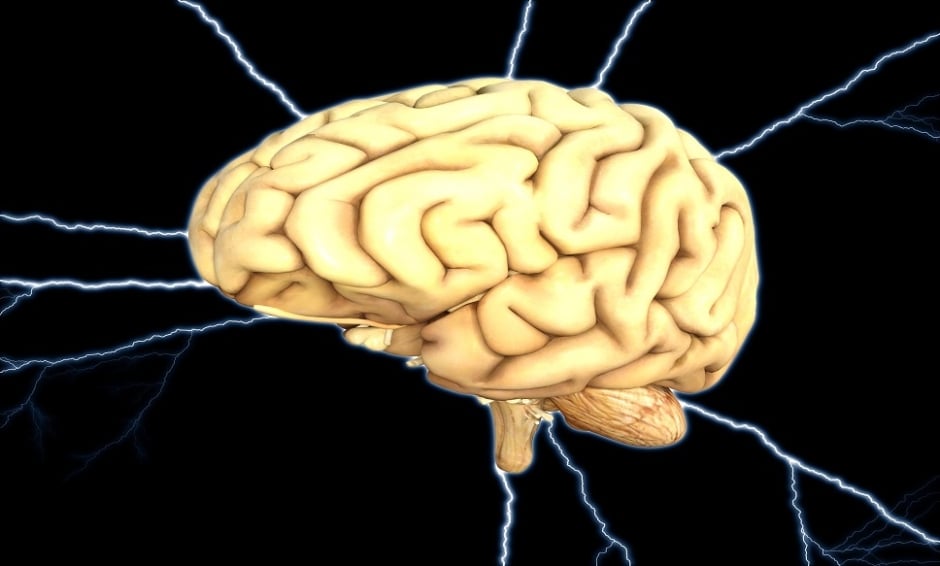VERBAL expression of long-term semantic memory has been discovered to be controlled by the left side of the brain by a team led by researchers from the University of Manchester, Manchester, UK. The study, which is the first to compare how semantic memory is processed by the right and left side of the brain, has possible implications for epilepsy surgery and provides new insights into the workings of the brain.
Method
The team tested the verbal and visual semantic memories of 41 patients who had been treated for epilepsy by either having their right (n=20) or left (n=21) anterior temporal lobe removed, because it is believed that this surgery may also remove tissue involved in storing semantic memories. Verbal semantic memories were assessed by testing their ability to name pictures and celebrities in addition to being able to match words terms to their meaning. The patients were also asked to identify emotions of people in photographs and state if they recognised a face in order to test their visual memory. These results were compared to 20 other people who did not have any neurological conditions.
Left Side of the Brain
It was found that verbal semantic memory was particularly affected in patients who had received surgery to the left side of the brain. Dr Grace Rice, University of Manchester, commented: “Popularly, there is a lot of interest in whether there are similarities or differences between the left and right sides of the brain. Our research for the first time shows that both sides of the brain play an important role in visual and verbal semantic memory. But there is a significant difference when it comes to verbal expression of this knowledge, which was affected more by surgery to the left side of the brain.”
Future Implications
The findings provide new knowledge of where brain memory is stored, potentially aiding the development of new treatments for memory-related disorders. Additionally, the results may affect the future use of this type of epilepsy surgery.
James Coker, Reporter








